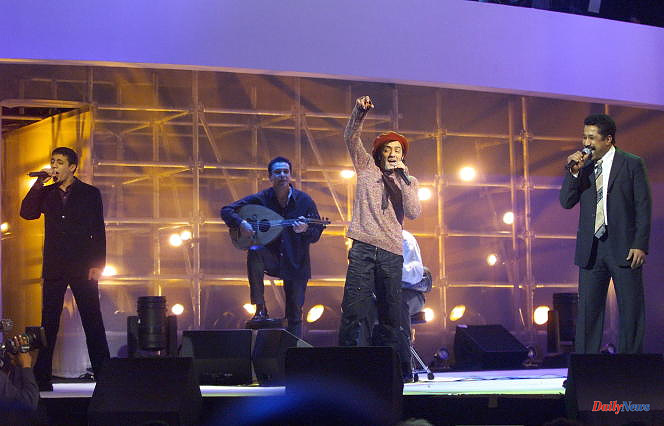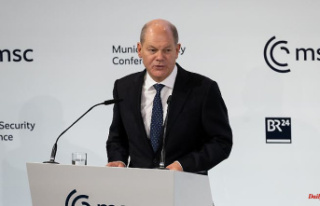It is the story of the story of a song (Ya Rayah) that tells many others. From an international hit (that of Rachid Taha) that went unnoticed for a long time and from a misunderstanding as to its primary meaning. And it is remarkable. And because the documentary filmmakers – Mehdi Ahoudig (Europa Prize for Who knew Lolita? and Poudreuse dans la Meuse) and Hassen Ferhani (In my head a roundabout, 143, rue du Désert) – give us to hear and reflect ; and because it is so well sounded by Samuel Hirsch.
But let's resume. There were two friends, Mehdi Ahoudig and Hassen Ferhani, who, during a party, were invited to dance while Ya Rayah was heard. Faintness. Because, as Medhi Ahoudig tells us: "Hassen tells me that he doesn't like this song, and it makes me feel uncomfortable because it is based on the principle that this music sums us up and assigns us to a supposedly homogeneous community, even though we are very different: I am of Moroccan origin, Hassen Algerian, he speaks Arabic, not me, etc. »
With their microphones, they go into the street to see what this song represents, interview musicians (Sofiane Saidi, Hakim Hamadouche), and go find the historian Naïma Huber-Yahi, who first reminds us that Ya Rayah is not not the Rachid Taha hit that we all know, but a Dahmane El Harrachi song. That the latter, born in Algeria, imagined it in Paris, in 1971. That it is, in this sense, "the product of a Parisian artistic life and a French life experience" and that "it It is a mistake to believe that it is a song from Algeria that would resonate in Algeria in the same way for Algerians as for the children of immigrants”.
Misunderstandings and misunderstandings
Moreover, all those who set the dance floors on fire to the masterfully hoarse and rock voice of Rachid Taha without understanding Arabic missed the deeply sad and fatalistic message of Dahmane El Harrachi: "O you who leave, where are you going Leave, you will always come back. How many regretted leaving? »
As the historian recalls, this warning from one of the figures of the Algiers chaâbi comes at the end of the "glorious thirties", even as racist crimes are increasing and the borders between the two countries are closing. The political situation was hardly more favorable when Rachid Taha took it over in the early 1990s: Gulf War and urban riots.
Miracle: in 1998, Jamel Debbouze triumphed on stage, and Zinédine Zidane scored two of the three goals that allowed France to win the FIFA World Cup against Brazil. Suddenly, France "black, white, beur" is celebrated. And it is in this context that Ya Rayah was performed on September 26, 1998, during the "1, 2, 3 suns" concert, which brought together Khaled, Faudel and Rachid Taha at Bercy (now Accor Arena).
From then on, the song will be played everywhere: from New York to New Delhi, passing through Jerusalem. Which, despite the misunderstandings and misunderstandings, can only delight Mehdi Ahoudig. Because, as he easily admits, Rachid Taha, by reinterpreting Douce France, by Charles Trenet, was the brother who allowed him to reconcile with his double identity and saved him from the summons to choose. Because, at a time when there is so much talk of identity withdrawal, it is time that we all manage to find a place in the family photo and that this song, by magnetizing us on the dance floors, and even if it is not what it says originally, helps us there.












